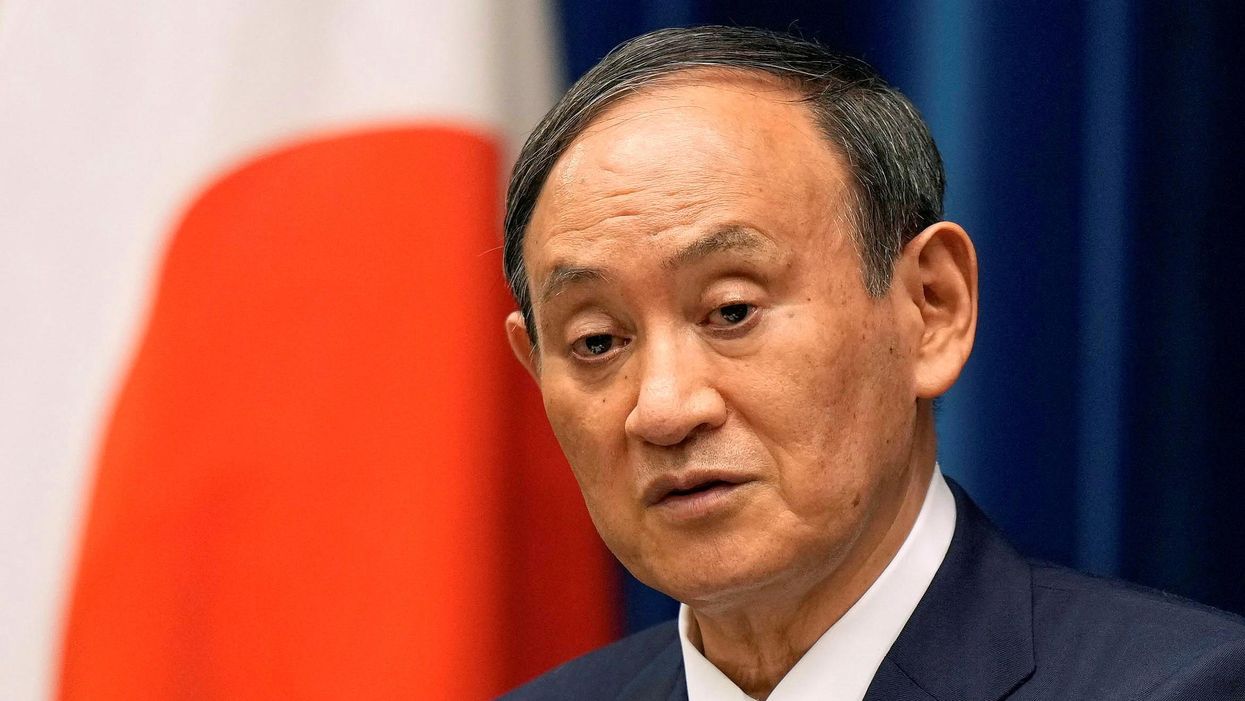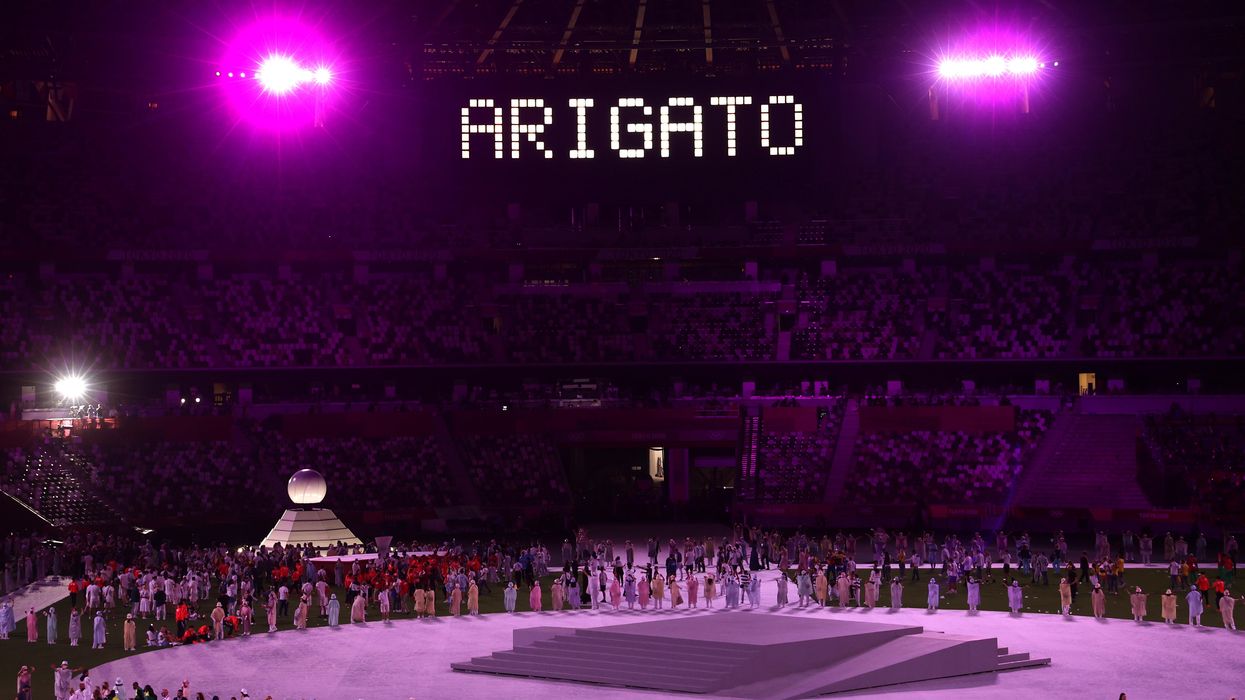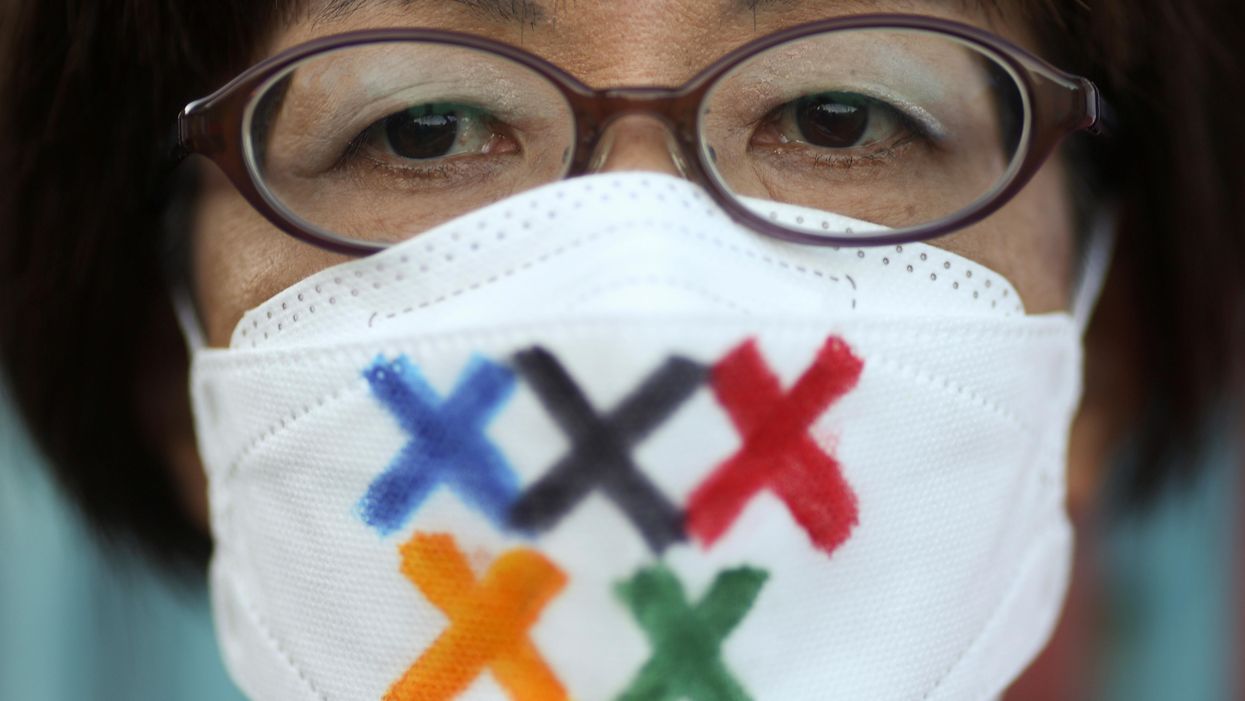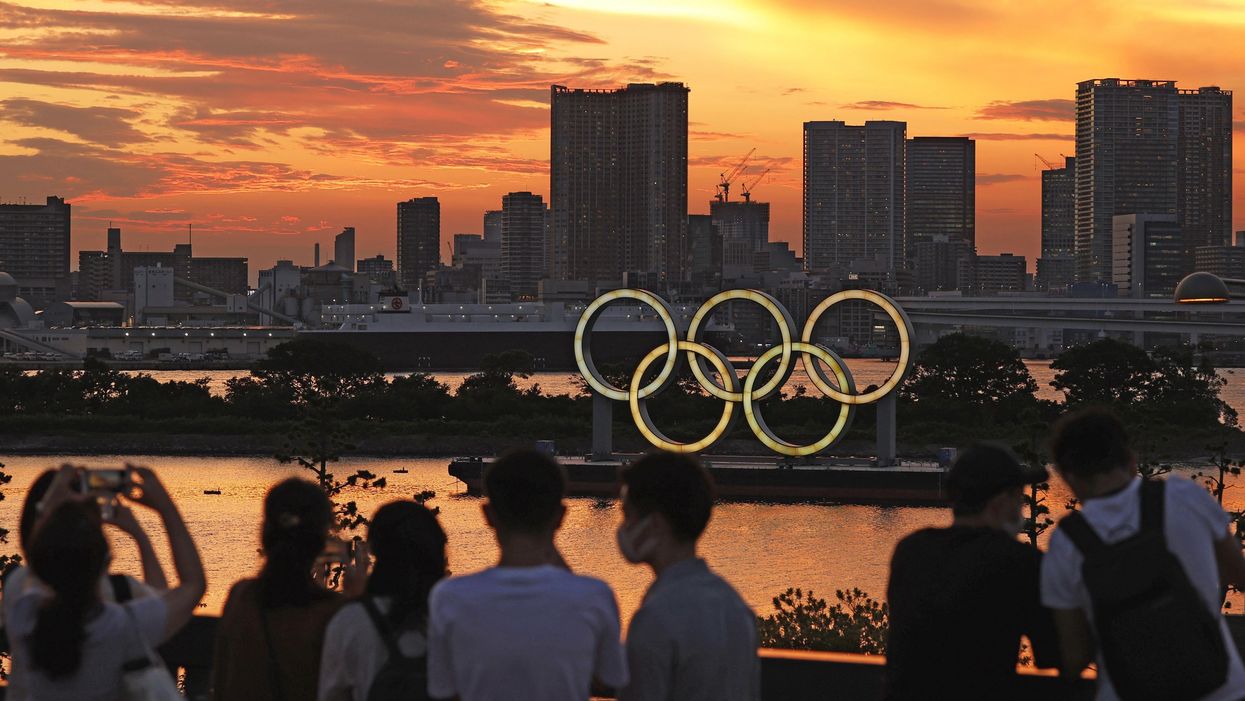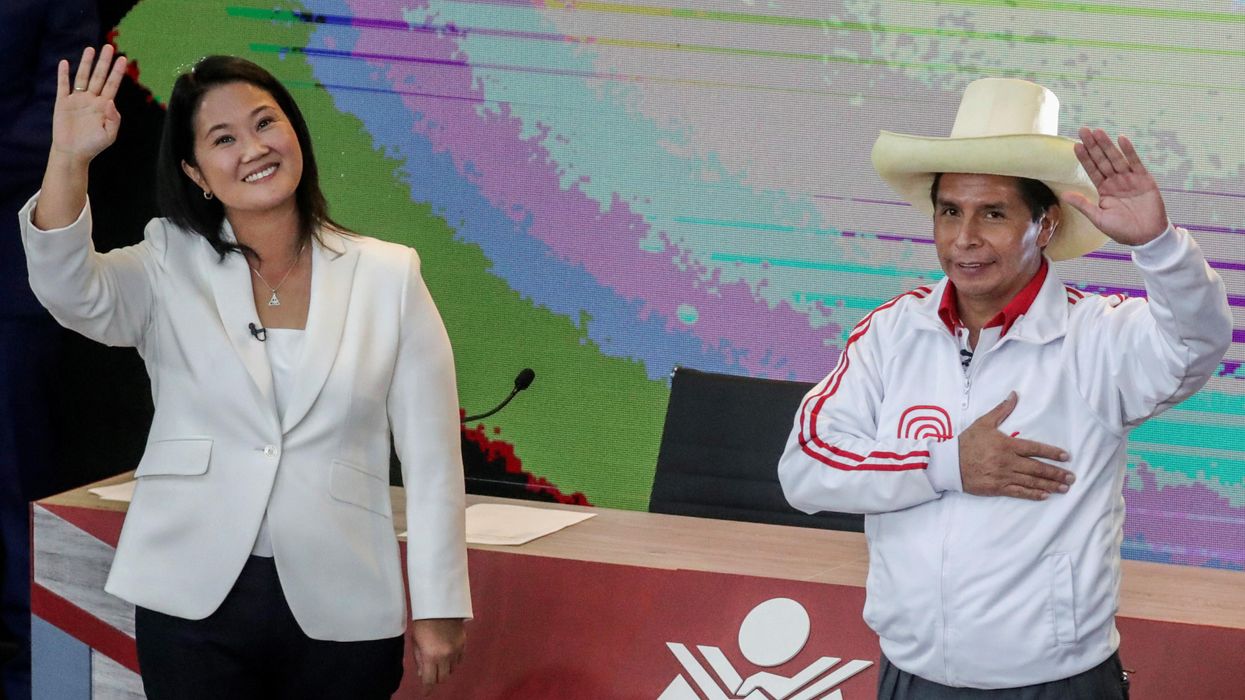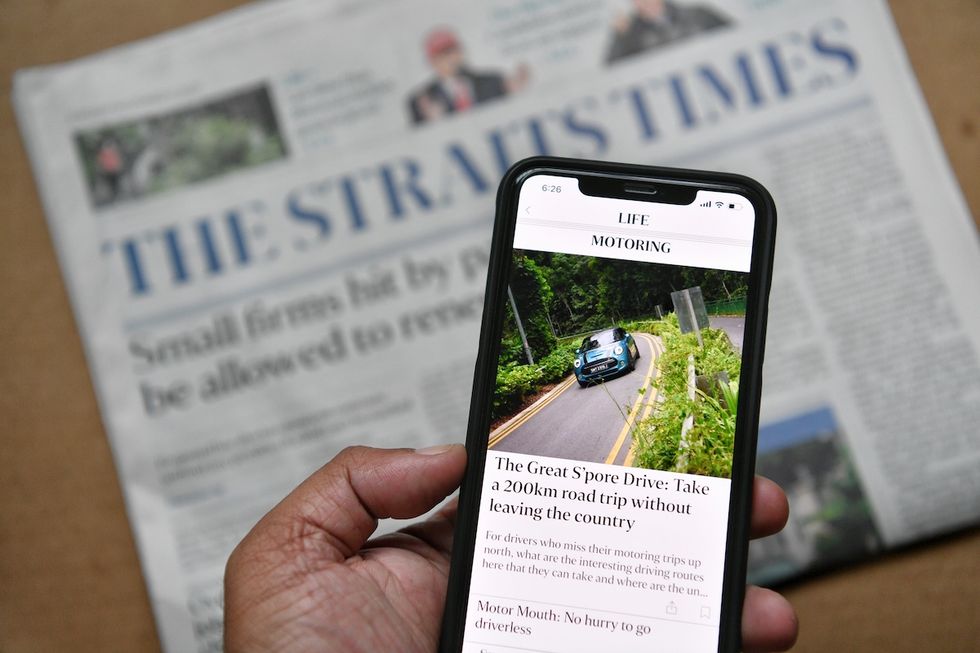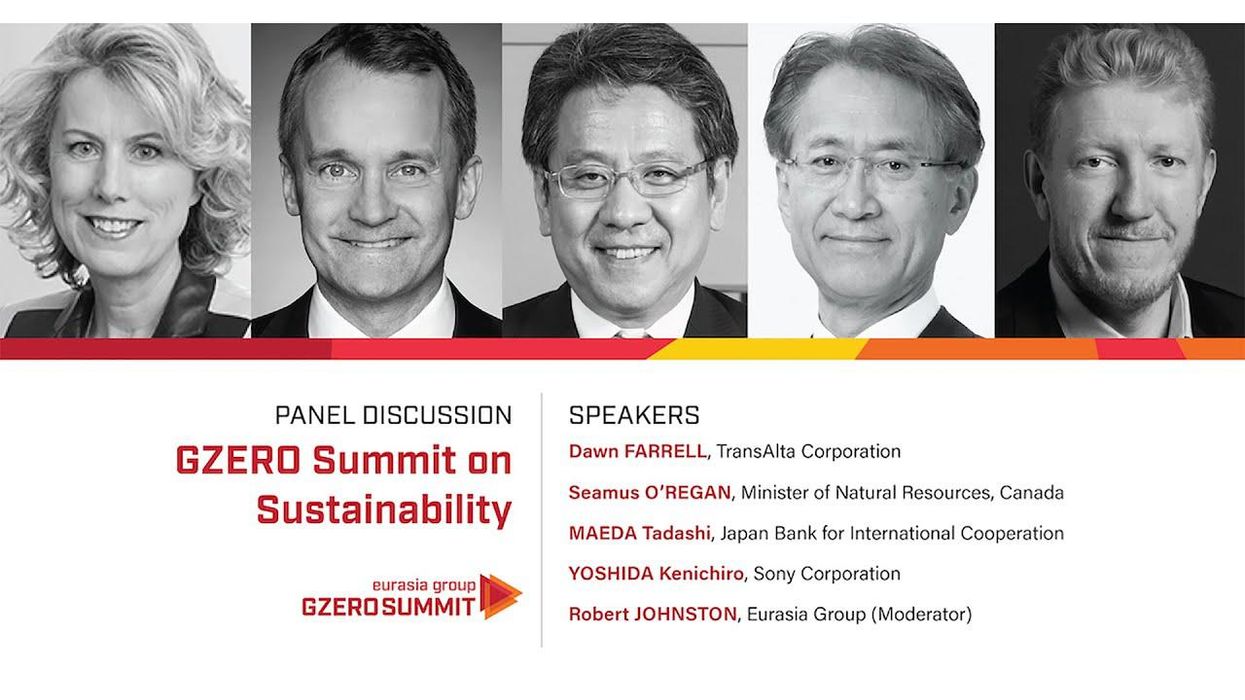What We’re Watching: Japan's ruling party leadership battle
At least three members of Japan's ruling Liberal Democratic Party — which has governed the country almost continuously since 1955 — will face off against embattled Prime Minister Yoshihide Suga in a leadership vote scheduled for September 29. Since taking office a year ago after the health-related retirement of his old boss Shinzo Abe, Suga's approval rating has plunged due to his haphazard pandemic response, a series of LDP political scandals, and his unpopular decision to host the Tokyo Olympics amid COVID. Now, the PM will face tough challenges from Fumio Kishida, a party heavyweight who lost the LDP presidency to Sugalast year; former LDP policy chief Hakuban Shimomura; and Sanae Takaichi, a hawkish former interior minister who wants to become the first female PM of Japan, a country that has a dismal record of women's participation in politics. Suga has one thing going for him, though: he reportedly still has the support of Abe, who carries enormous sway within the party.
